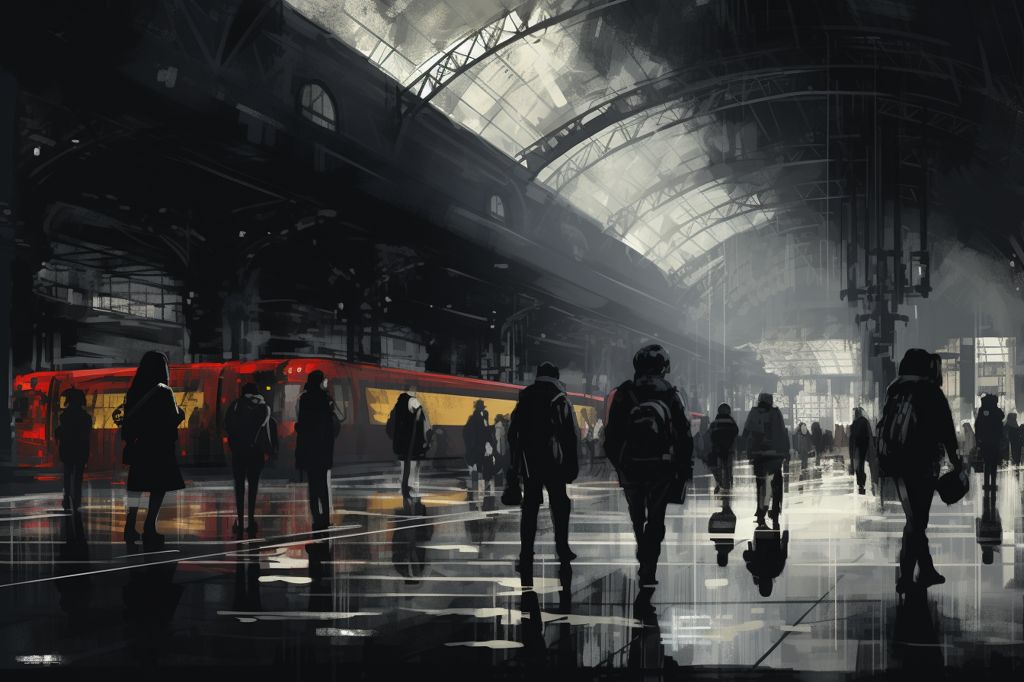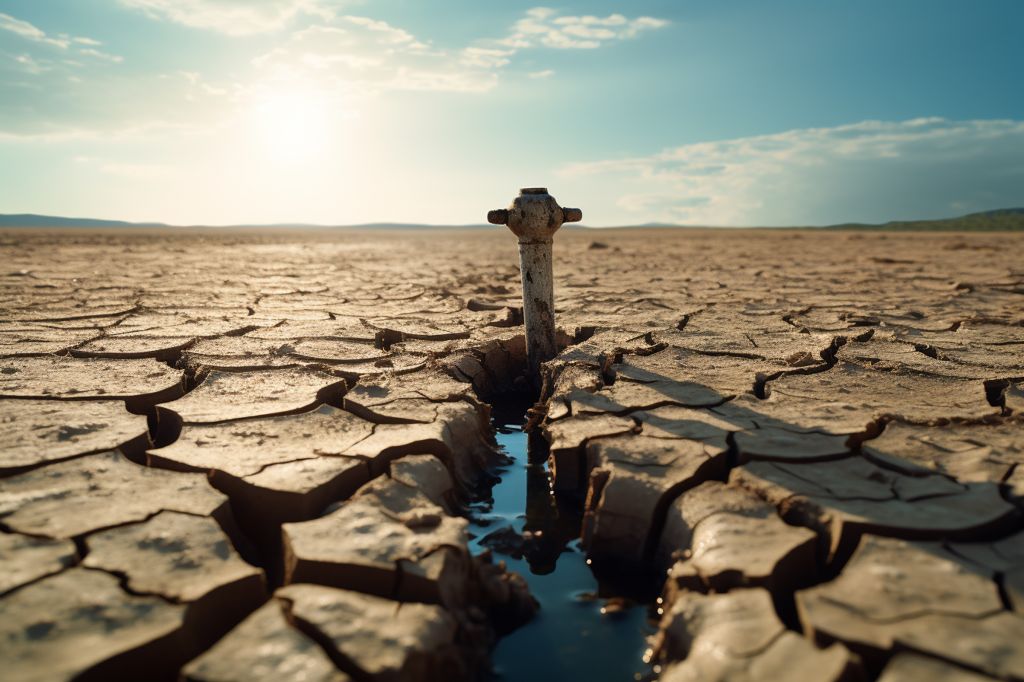The illegal occupation of the PRASA Central Line in Cape Town has been a cause of concern for government officials. The South African Ministers of Human Settlements, Transport, and Public Works and Infrastructure, Mmamoloko Kubayi, Sindisiwe Chikunga, and Sihle Zikalala, will visit the area on September 11, 2023, to assess the progress made and plans in place for relocating the remaining occupants through Operation Bhekela.
Government Officials and Stakeholders to Engage in Dialogue
The government’s proactive approach follows a recent appearance by the three government spheres before the Standing Committee on Public Accountability (SCOPA). Officials will participate in a walkabout at the affected stations in Langa and Phillipi and engage with various stakeholders.
Itinerary for the Visit
The itinerary for the day includes a walkabout at Langa Metrorail Station at 9:30 am, a walkabout and stakeholder engagement at Phillipi Metrorail Station at 10:00 am, and a stakeholder engagement session at Ruth First Community Hall, Ward 80, Phillipi, at 11:00 am.
Collaboration is Key in Finding a Solution
The affected stakeholders include residents, businesses, and organizations that rely on the smooth operation of the transport system. The government’s approach needs to be comprehensive and inclusive to ensure the best possible outcome for all parties involved.
PRASA Central Line Plays a Vital Role in Cape Town
The PRASA Central Line is a lifeline for many Cape Town residents, providing access to employment, education, and other essential services. The illegal occupation of this transport infrastructure disrupts the daily lives of the city’s inhabitants and poses a significant challenge to the local economy.
Open Dialogue and Sharing of Ideas is Essential
The scheduled walkabouts and stakeholder engagements serve as an opportunity for open dialogue and the sharing of ideas, fostering a sense of unity and cooperation in addressing the illegal occupation problem.
The government’s proactive approach in tackling the illegal occupation of the PRASA Central Line demonstrates its commitment to ensuring public safety, upholding the rule of law, and promoting social and economic development in Cape Town. With a spirit of collaboration and open communication, a sustainable and mutually beneficial solution can soon be reached.








